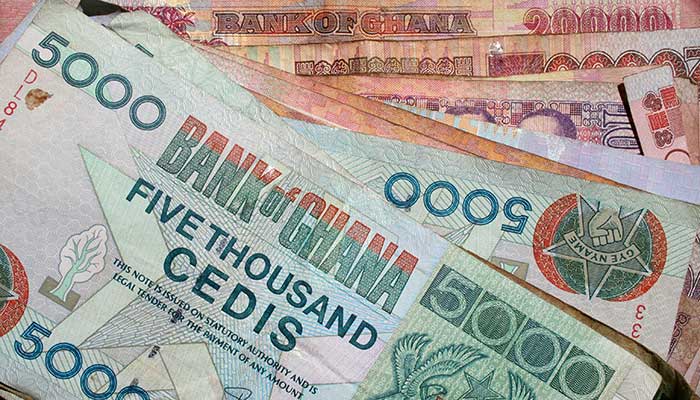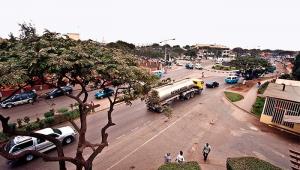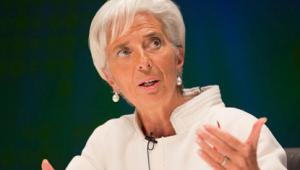The country’s debt burden has already surpassed 70% of GDP amid low oil prices and poor financial management, with sizeable consequences for the accounts. Earlier this year, the new administration identified another $1.6bn in undisclosed debt.
Yet, Ghana’s government embarked on another massive debt sale at the start of this month, raising over $2bn, at substantial interest rates of almost 20%.
The UK’s Overseas Development Institute has said that to make this worthwhile, Ghana has to use the proceeds to reverse its economic fortunes.
“Stabilisation in oil and commodity prices means that Ghana’s growth prospects are looking up,” senior research fellow Phyllis Papadavid said in a briefing note.
“This sale could be a turning point for Ghana if the proceeds are used to support the productive economy and diversification away from its resource sector.”
While approximately 50% of Ghana’s GDP comes from services, outside of this its top exports consist of gold (40% of exports), cocoa (18%) and crude petroleum (16%), all of which are trading at subdued prices.
This puts the country’s economy and finances at risk, as the past two years have shown. As commodity prices bottomed out, starting in 2014, Ghana’s currency, the cedi, lost 80% against the dollar. Meanwhile, the accounts suffered from big deficits and spiralling debt.
The ODI said Ghana should use its borrowing to diversify its economy, which would serve to build resilience to future shocks.
This should include plans on how to monitor and use the bond proceeds, look to support technological development and improved infrastructure and prevent industry becoming concentrated in urban areas.
Another policy area the country should target, it continued, is to lower the cost of domestic borrowing for businesses and individuals, which stood at 28% at the end of 2016.
First and foremost, however, the ODI said Ghana should stabilise domestic prices in order to prevent unwanted currency appreciation or inflation.
The IMF however, which published its most recent review of Ghana’s economy last week, instead highlighted the need for better management of Ghana’s debt and public money.
It concluded Ghana’s revenue projections for 2017 are “optimistic” and noted that the deficit came in at more than 3% above its target rate last year (hitting 8.7% of GDP). It attributed this to “persistent shortcomings” in financial management.
Responding to the IMF’s report, Ghana’s finance minister, Ken Ofori-Atta, pledged to crackdown on wasteful spending and said the country is on track to end its $918m loan programme with the fund in April 2018, as scheduled.
According to a report in the Financial Times, he admitted, however, this would mean “a lot more hard work” and “some very tough decisions” regarding the deficit.














